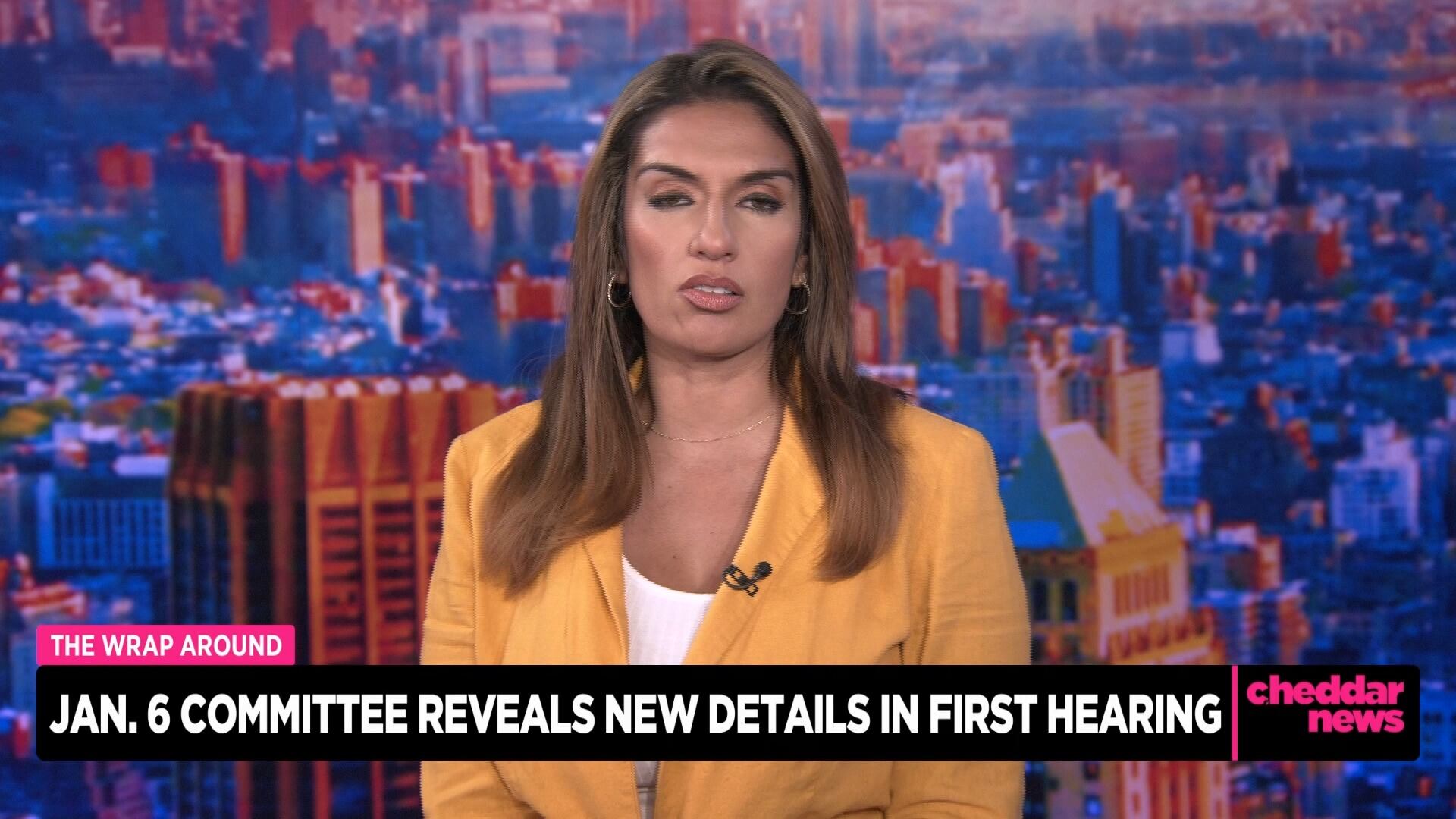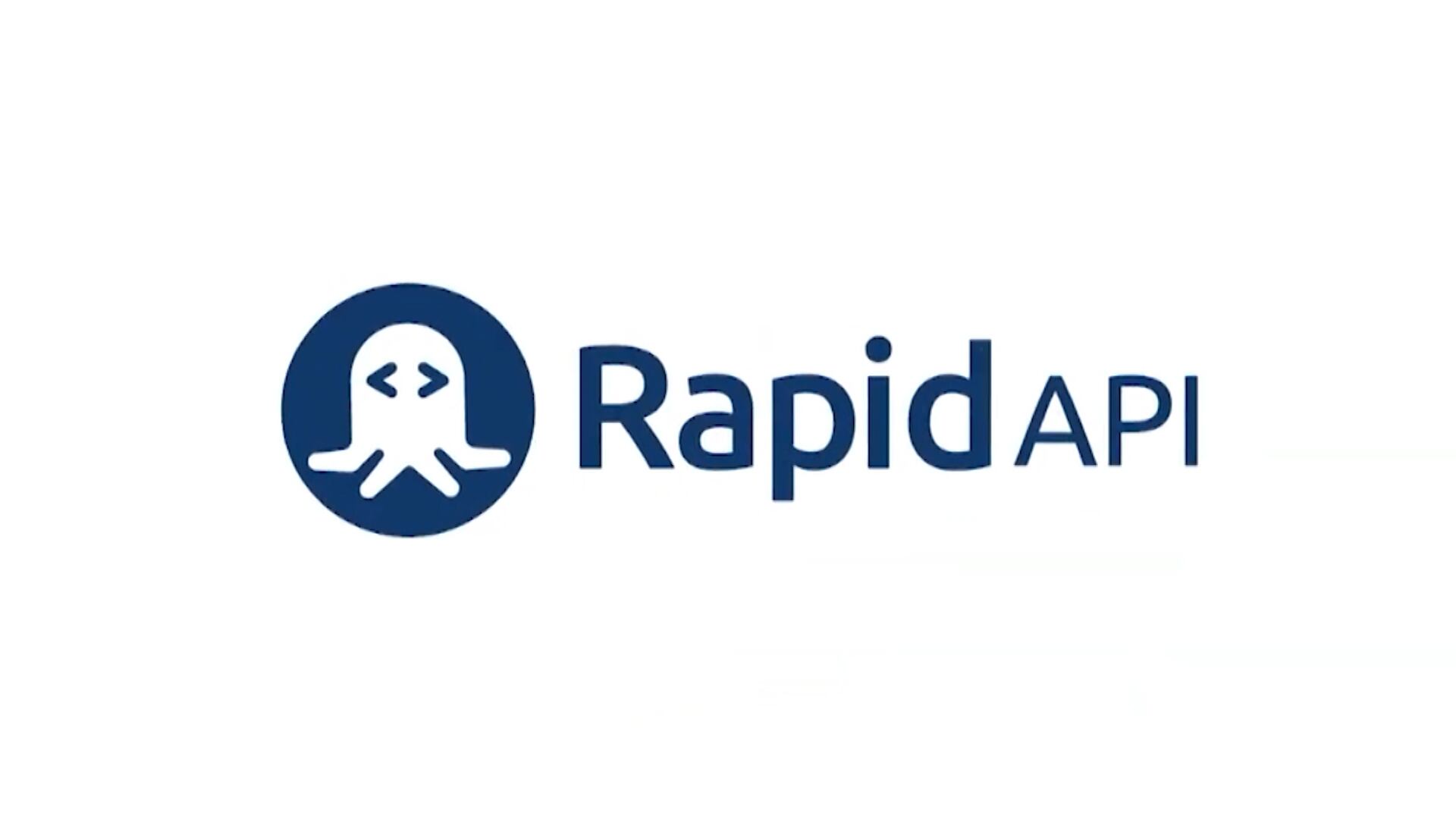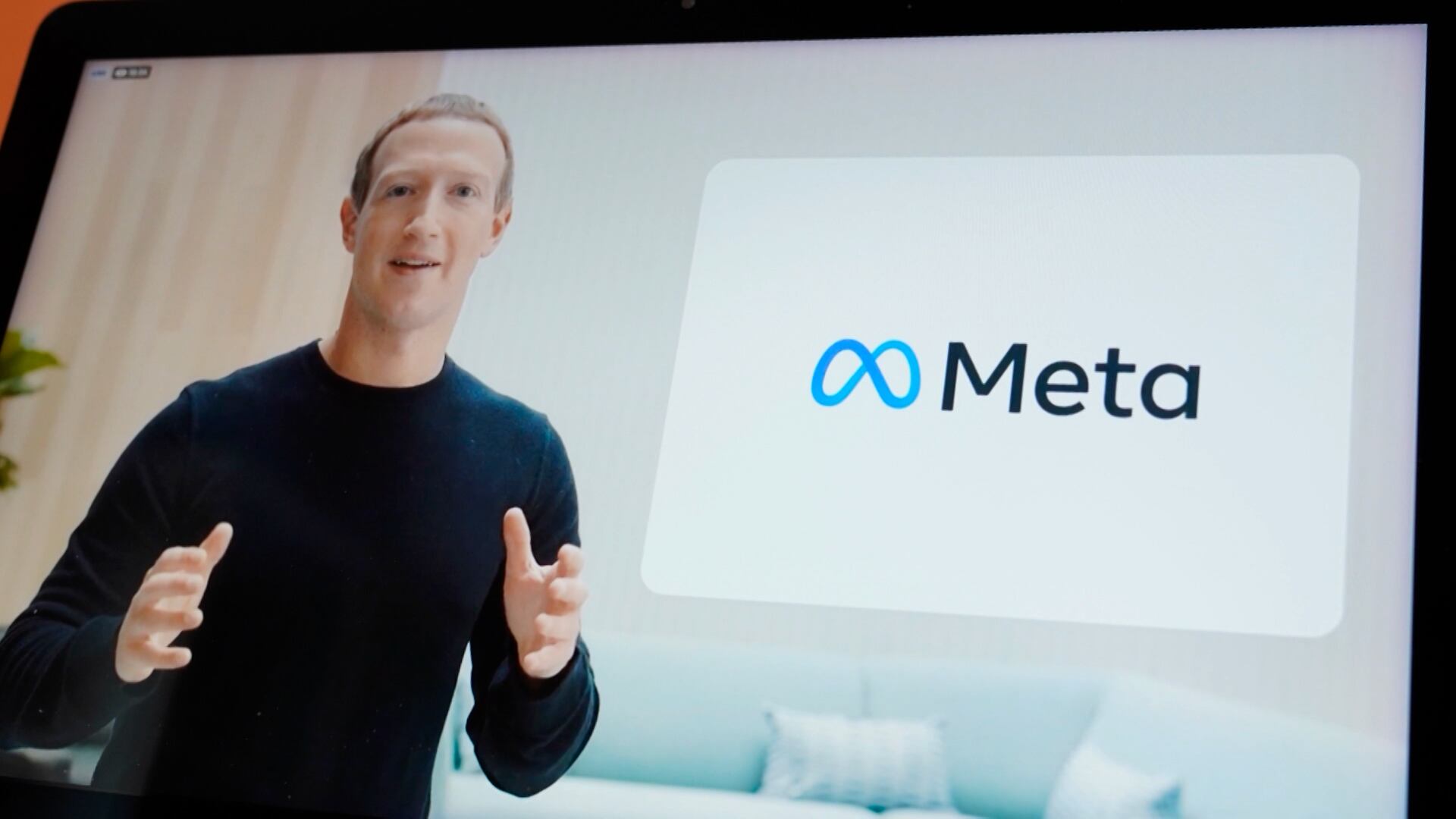By Ken Sweet
Customers of Venmo, PayPal and CashApp should not store their money with these apps for the long term because the funds might not be safe during a crisis, the Consumer Financial Protection Bureau warned on Thursday.
The alert comes several weeks after the failure of Silicon Valley Bank, Signature Bank and First Republic Bank, which all experienced bank runs after fearful customers with uninsured deposits pulled their money en masse.
The Federal Deposit Insurance Corporation insures bank accounts up to $250,000. But money stored in Venmo or CashApp or Apple Cash is not being held in a traditional bank account. So, if there is an event similar to a bank run with these payment apps, those funds may not be protected.
Some of these funds may be eligible for pass-through insurance coverage if the customers do certain activities with the apps, the CFPB says, but generally by default these apps are not covered by deposit insurance. For example, if a customer opened a PayPal Savings account, it would have deposit insurance through PayPal's partner bank Synchrony Bank. But the general PayPal account is not covered by insurance. For Apple Cash, which can be insured through Green Dot Bank, it requires a user to verify their identity to get deposit insurance.
“We find that stored funds can be at risk of loss in the event of financial distress or failure of the entity operating the nonbank payment platform, and often are not placed in an account at a bank or credit union and lack individual deposit insurance coverage,” the CFPB said in its report.
“Consumers may not fully appreciate when, or under what conditions, they would be protected by deposit insurance,” the agency added in its report.
Peer-to-Peer payment apps and non-banks offering bank-like services have exploded in popularity in the last decade. Venmo now has more than 90 million customers and recently announced it was going to allow parents to create accounts for their teenage children, potentially bringing in tens of millions of new customers for the app.
Apple recently announced a savings account tied to its Apple Card that is operated by Goldman Sachs. The savings account took in billions of dollars in deposits within days of its launch.
PayPal, which owns Venmo, as well as Apple Inc. and Square, owner of CashApp, did not immediately respond to requests for comment.













